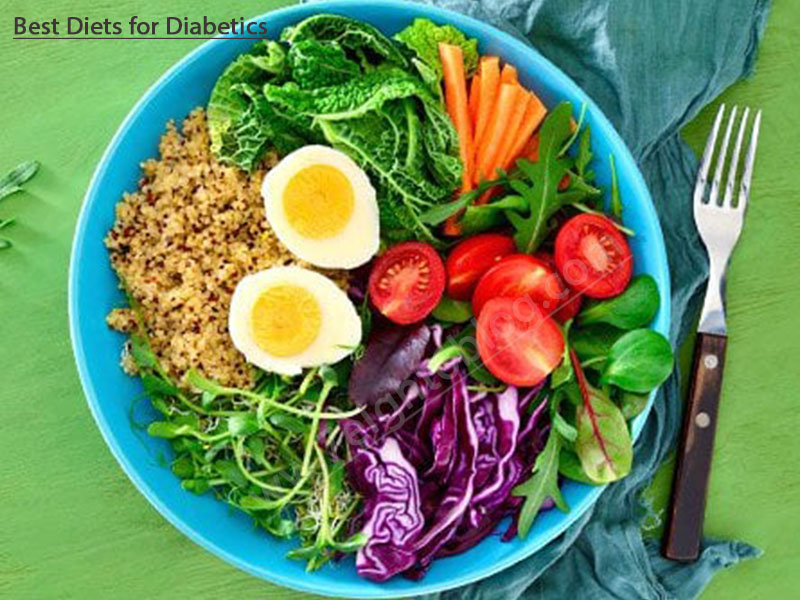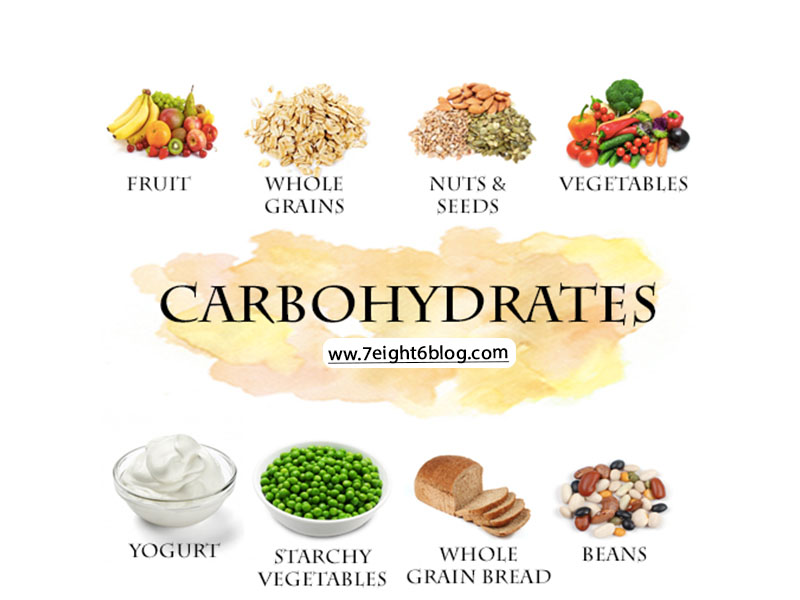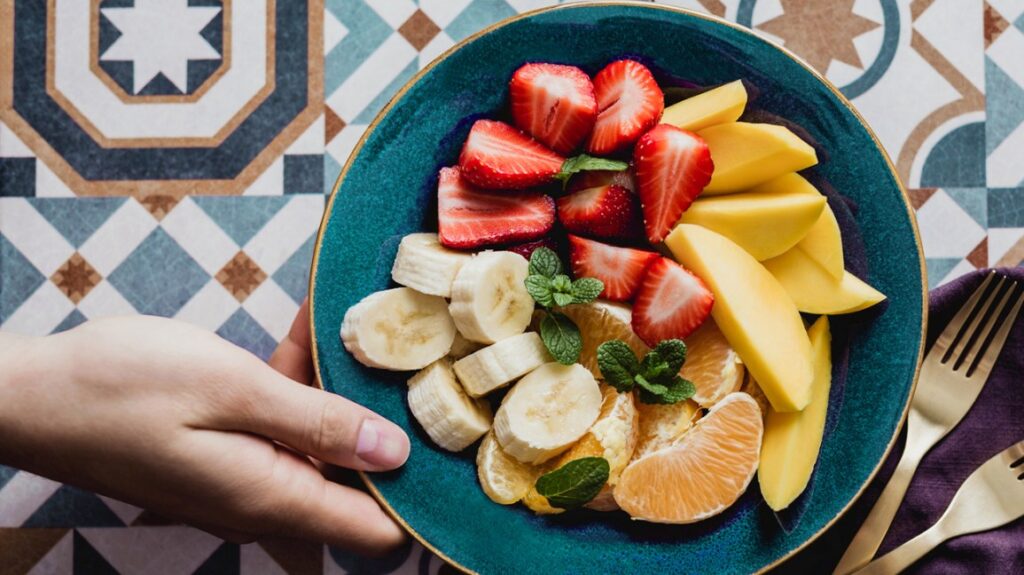
There are many different forms of diabetes, and no two diabetics are the same. As a result, there is no “diabetic diet” that fits everyone with diabetes. However, we have presented some suggestions to help you make healthier dietary choices.
These general healthy dietary suggestions can help you control your blood glucose (sugar) levels, blood pressure, and cholesterol. They can also help you control your weight and reduce your risk of diabetic complications, such as heart disease and stroke, as well as other health problems.
1. Opt for more nutritious carbohydrates
Since all carbohydrates affect blood glucose levels, it is critical to understand which foods contain carbohydrates. Choose carbohydrate-rich foods that are best for you and be aware of what you are eating.

2. Eat less salt
Salt intake increases the risk of high blood pressure, which increases the risk of heart disease and stroke. And if you have diabetes, you are already at a higher risk of developing all of these problems.

Limit your salt intake to no more than 6 g (one teaspoon) per day. Many prepackaged products already include salt, so study the labels and choose those with the least amount of salt. Cooking from scratch allows you to track how much salt you consume. To add that extra flavor, you can also get creative and substitute different herbs and spices for salt.
3. Reduce your consumption of red and processed meats
If you’re cutting back on carbs, you may eat larger portions of meat to stay full. This is not recommended for red and processed meats like ham, bacon, sausage, beef, and lamb. All of these have been linked to heart disease and cancer.
4. Eat more fruits and vegetables
We all know that eating fruits and vegetables is beneficial for our health. It’s always a good idea to eat more at mealtimes and snack when you’re hungry. This can help you get the vitamins, minerals, and fiber your body needs every day to stay healthy.
You may be wondering if you should avoid fruit because it is high in sugar. No, that is not the case. Everyone benefits from the whole fruit, and diabetics are no exception. Fruits contain sugar, but it is sugar that comes from nature. This is different from added sugar (also known as free sugars) found in foods like chocolate, cookies, and cakes.
5. Opt for healthier fats
Fat is essential in our diet as it provides us with energy. However, different forms of fat have other effects on our health.
Unsalted nuts, seeds, avocados, oily salmon, olive oil, rapeseed oil, and sunflower oil all include healthier fats. Some saturated fats can raise blood cholesterol levels, increasing the risk of heart disease. Animal products and prepared foods are the most common sources.
6. Reduce the amount of sugar you consume
We understand that cutting out sugar can be difficult at first, so simple and practical exchanges are a good place to start when trying to cut back on sugar. Sugary drinks, energy drinks, and fruit juices can be replaced with water, plain milk, or unsweetened tea and coffee.

7. Choose your snacks carefully
Instead of chips, chips, cookies, and chocolates, choose yogurt, unsalted almonds, seeds, fruits, & vegetables for a snack. But watch your portions – it will help you keep up with your weight.
8. Consume alcohol in moderation
Alcohol is high in calories, so if you’re trying to lose weight, consider cutting back on your alcohol intake. Try to limit yourself to 14 units per week. Spread it out to avoid binge drinking, and avoid alcohol for several days a week.
It’s also not a good idea to drink on an empty stomach if you’re taking insulin or other diabetes treatments. This is due to the fact that alcohol can increase the likelihood of hypoglycemia.
9. Don’t waste your money on so-called diabetic foods
It is currently illegal to refer to foods as “diabetic foods”. This is because there is no evidence that these foods provide a clear advantage over a healthy diet. They may also have the same amount of fat and calories as comparable items and still affect your blood glucose. These foods can also have a laxative effect on some people.
10. Eat foods rich in minerals and vitamins
Mineral and vitamin supplements do not seem to help you control your diabetes. You do not need to take supplements unless your healthcare provider has told you to, such as folic acid pregnancy.
